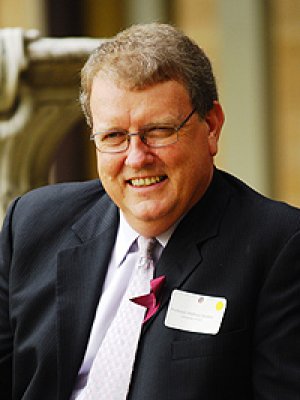
Two leading American violence prevention advisers have singled out Triple P – the Positive Parenting Program developed by UQ’s Professor Matt Sanders – for its ability to improve child health.
In an article published overnight in the Journal of the American Medical Association, Dr James Mercy and Dr Janet Saul, both of the Centres for Disease Control and Prevention, have called upon the US Government to support further use of Triple P throughout the country.
“Triple P was recognised as one of only two programs which demonstrated sufficient strength and scientific evidence in producing better health outcomes and preventing child abuse,” Professor Sanders said.
“This paper highlights the critical importance of ensuring that child intervention programs are implemented properly, and that staff are adequately funded and supported.
“Triple P is one of the few evidence-based programs which has a comprehensive set of support tools and implementation strategies, including an appropriate system of staff training and accreditation.”
Professor Sanders said he hoped Triple P could be tailored to meet the requirements of high-need groups in the future.
“Triple P is based on a public health approach which advocates that all parents have the right to access programs which reduce serious, social, emotional, behavioural and health programs,” he said.
“There is, however, a call for ongoing research into the further development of Triple P for high-need groups, including families with children who have disabilities or chronic illnesses.
“These are important gaps which we hope to address.”
Triple P, which provides parents with simple strategies for solving children's behaviour problems, was developed by Professor Sanders and colleagues at UQ’s Parenting and Family Support Centre, and is based on 30 years' clinical research.
The program is now used by governments and health authorities in 17 countries worldwide.
Triple P was recently trialed in South Carolina, with results reinforcing its ability to deliver positive outcomes for children.
“The findings of this study, which are briefly summarised in the review article, showed significantly decreased rates of child maltreatment in counties which implemented Triple P compared to controlled counties,” Professor Sanders said.
Media: Professor Sanders (07 3365 7290, matt@psy.uq.edu.au) or Penny Robinson at UQ Communications (07 3365 9723, penny.robinson@uq.edu.au)
.jpg)


